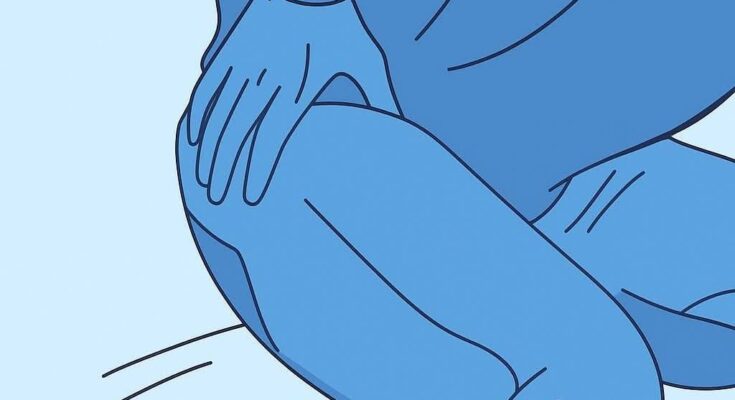Hip pain is a common discomfort that can affect people of all ages. It can range from mild discomfort to debilitating pain that limits movement. Understanding the causes and knowing how to respond can make the difference between lasting relief and a chronic problem. In this article, we explain the most common causes of hip pain and what you can do to treat it.
Main Causes of Hip Pain
1. Hip Osteoarthritis
Osteoarthritis, also known as osteoarthritis, is one of the most common causes of hip pain, especially in people over 50. It involves the wear and tear of the cartilage that lines the hip joint, causing friction between the bones, inflammation, and pain.
Common Symptoms:
Pain when walking or standing.
Morning stiffness.
Hip creaking.
2. Bursitis
Bursae are small, fluid-filled sacs that reduce friction between tissues. When these become inflamed, bursitis occurs, a condition that can cause stabbing pain on the side of the hip, especially when lying on that side or climbing stairs.
3. Tendonitis
Overuse of the muscles surrounding the hip can cause inflammation of the tendons, known as tendonitis. It is common in athletes or people with repetitive physical work.
4. Hip Fracture
More common in older people with osteoporosis. It can occur after a fall or a severe blow. It is a medical emergency that requires immediate surgery.
5. Femoroacetabular Impingement
This occurs when there is abnormal contact between the head of the femur and the acetabulum (part of the pelvic bone). It causes pain when moving or sitting for long periods of time.
6. Lower Back Problems
Sometimes the pain felt in the hip actually comes from the lumbar spine. Herniated discs, sciatica, or nerve problems can radiate pain to the hip.
What should I do if my hip hurts?
The course of action will depend on the cause, but there are some general measures you can take to relieve the discomfort and prevent it from getting worse.



